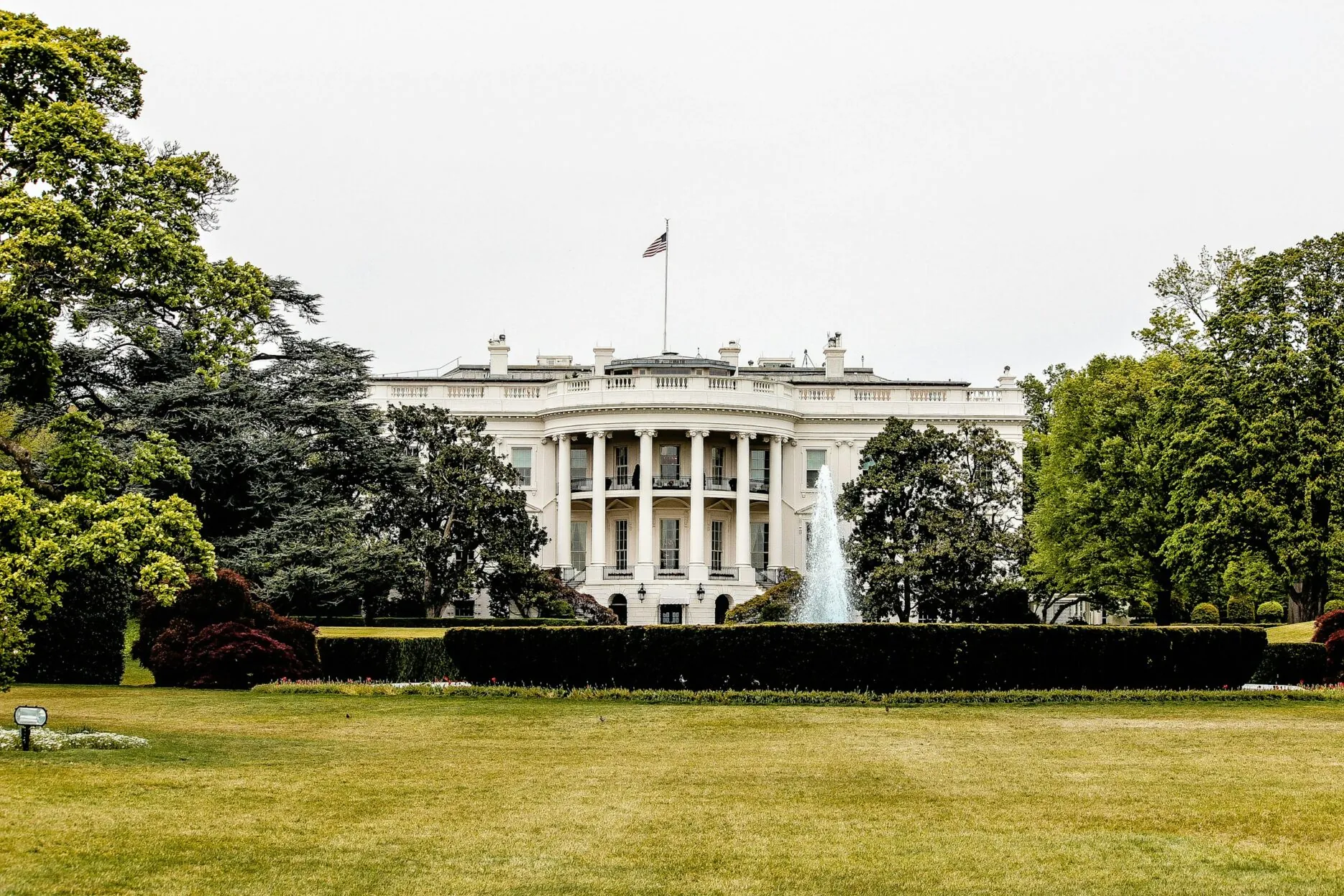As the final US election results rolled in and Donald Trump cinched a historic second term, what are the immediate effects for China, especially for its economy?
The first thing that happened, of course, is that the yuan, or RMB fell sharply against the dollar. According to the South China Morning Post, the offshore RMB trading on Wednesday had at one point dropped more than 900 basis points and fallen below 7.19 to the dollar before recovering slightly. Stock markets also dropped despite global markets soaring. This is, of course, not only caused by the uncertainty of the global economy but also by the 60% tariff that Trump has threatened against Chinese imports.
Smaller manufacturers in China, especially, will bear the brunt of the possible tariffs Trump has threatened. The United States is the top destination for exports from China and imports more than 400 billion USD worth of goods from the country. It has been estimated that should an additional 60% tariff be put in place; China’s GDP growth might be down 2.5 percentage points in the next year.
This is likely the reason the long-awaited fiscal stimulus has only started being formulated as lawmakers gather for a week-long session on Monday, despite being expected since the previous raft of stimulus was announced in September. It has long been speculated that a Trump win could prompt a 10% to 20% larger stimulus package by the Chinese government with the prospect of another trade war. The National People’s Congress standing committee meeting this week will decide just how much the package would be. Although pundits are not confident it would be enough, it seems China is still aiming for a 5% GDP growth target this year.
Despite the government’s stance of consistency between US-China relations, it is likely Trump’s presidency will mean more rivalry between the two countries, in trade and in other fields.









